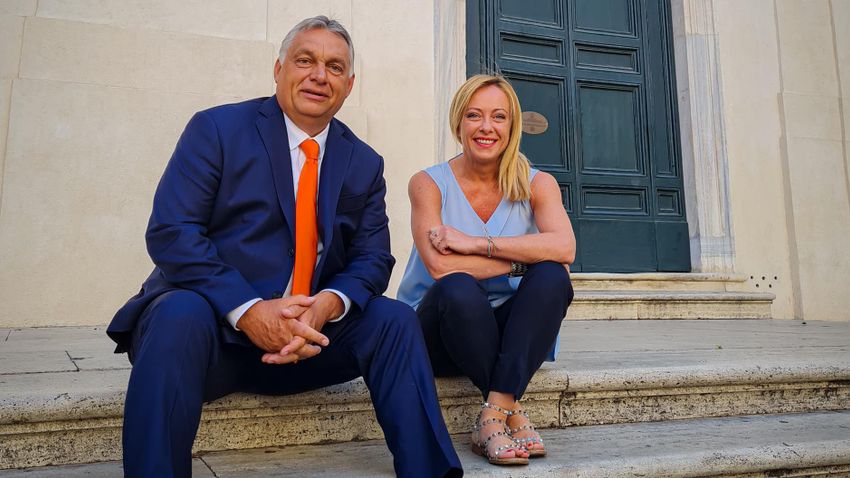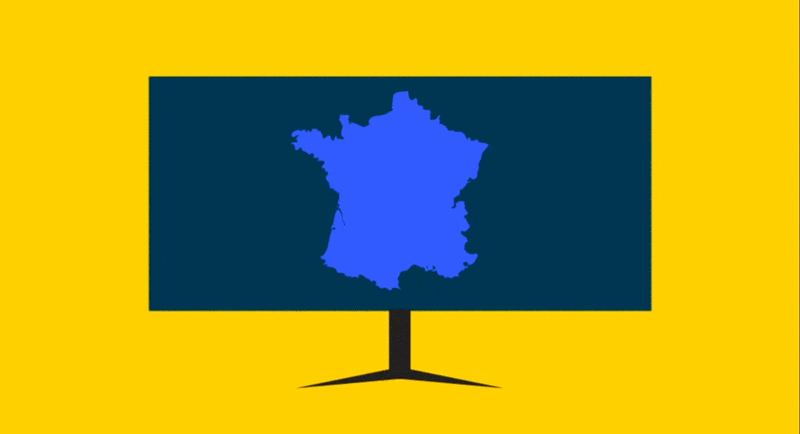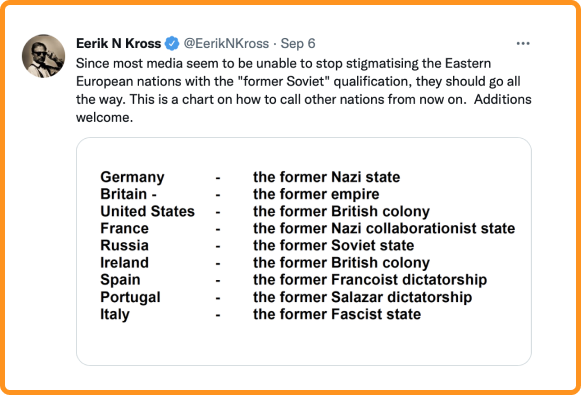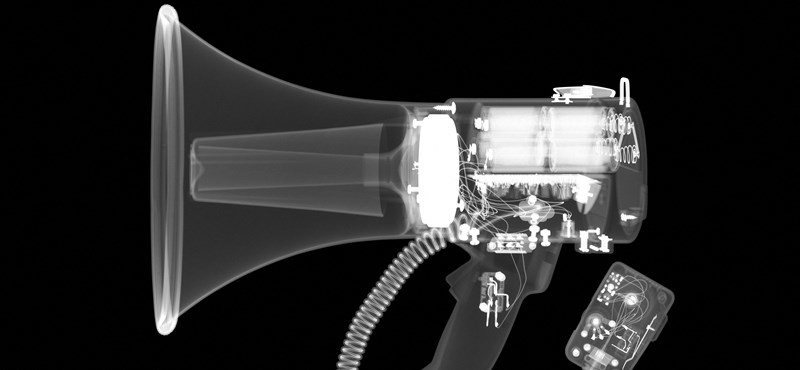Johannes Hillje is a political consultant with a focus on pan-European communication and author of the book “Plattform Europa”, in which he elaborates his vision for a vital European public discourse.
Mr. Hillje, you are critical of the way public spheres in Europe are still generally organised on a national basis. Why?
Although there is a lot of reporting on European issues in different national media, it is nearly always filtered by national interests. In most cases, the preferred perspective is: What is ‘our’ national benefit from a decision? But not: How does it serve our common European interest?
What are the risks?
Overall, this causes a democratic problem because we are living in a common political system. The nation states have handed over a considerable amount of decision-making power to the EU. Our common political institutions make decisions influencing the lives of all of us on a daily basis. But we don’t have a common and public democratic debate in which we could discuss these decisions together.
In addition, national governments will continue using this absence again and again for a blame game: Responsibility for unpopular decisions is often blamed on Brussels, while popular decisions are claimed to be taken by the national capital. There is hardly anyone correcting the stereotypical depiction of the EU or the other member states. So you can easily nourish anti-European sentiment.
What do you suggest?
In general, we need more shared communication spaces and truly European mass media. I also envision a real big shot: A common, publicly-owned digital European communication platform providing the infrastructure for a pan European discourse. It should provide not only news on European matters, but also entertainment and cultural content advancing a European identity.
We should have political talk shows with European politicians and series, which tell stories of Europeans living together, for instance in border regions, during Erasmus or Interrail. And it could enable a truly pan European exchange including artificial intelligence-supported translations or virtual reality meetings.






